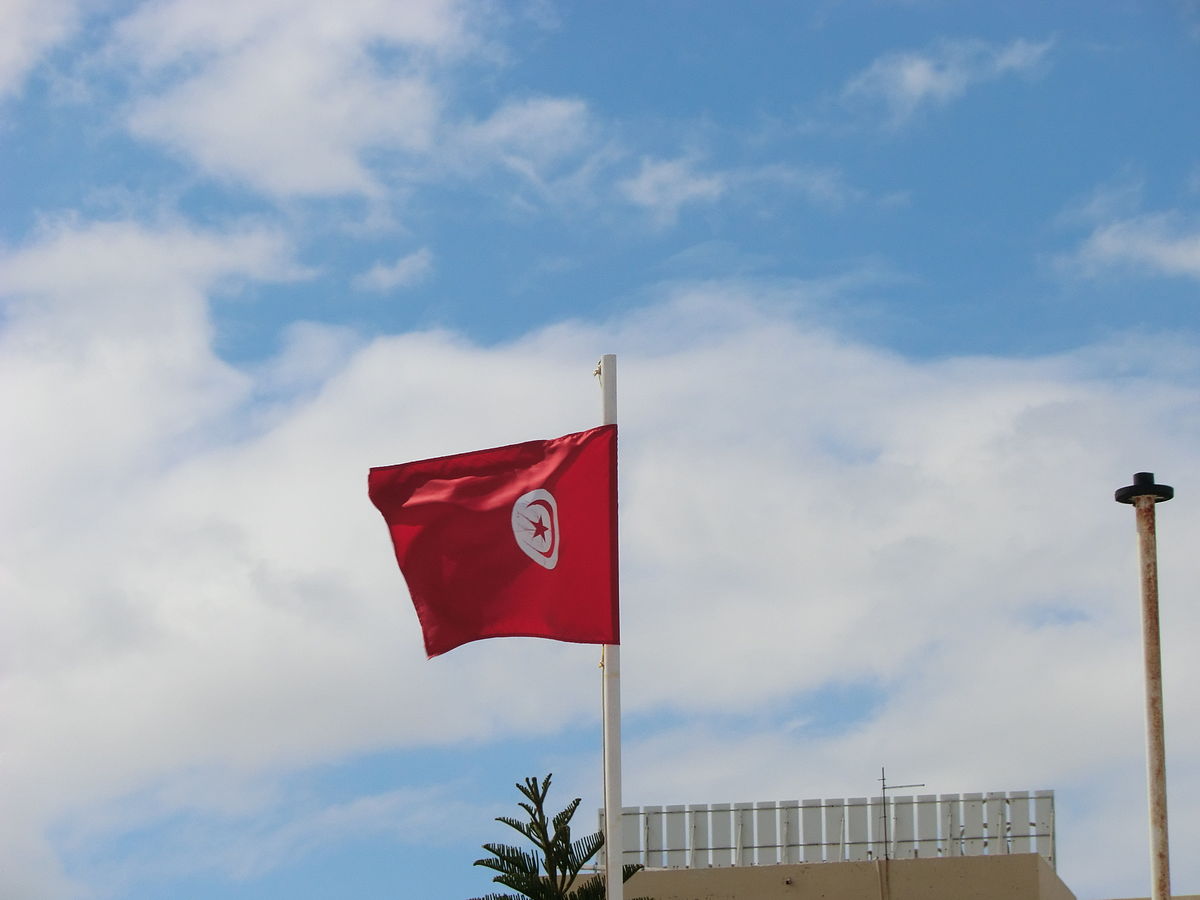Tunisia’s main opposition coalition, the National Salvation Front, has issued an announcement rejecting participation in the country’s 2024 presidential elections “due to the absence of conditions for fair and democratic elections.” The Front and its parties will not nominate any candidates for the presidential election and demand the release of imprisoned politicians, among other requests.
Regional sources discuss developments in Tunisia’s political landscape:
In covering the boycott, the New Arab quoted Ahmed Najib Chebbi, leader of the National Salvation Front: “The Front rejects participation in any electoral charade due to the absence of conditions for fair and democratic elections.” Chebbi elaborated that “the National Salvation Front… will not nominate any candidates for the presidential elections from ‘within or outside its ranks.’”
Arab News characterized the National Salvation Front as “a coalition of the main opposition parties including once-powerful Islamist movement Ennahdha” and reiterated the Front’s “concern that the election wouldn’t be fair.” The group’s conditions for presenting a candidate “include freeing imprisoned politicians, allowing Ennahdha’s headquarters to reopen, guaranteeing the neutrality and independence of the electoral commission and restoring the independence of the judicial system.”
The news comes weeks after the “first anniversary of the arrest of Tunisia’s prominent opposition leader Rached Ghannouchi.” According to the International Committee for Solidarity with Rached Ghannouchi, Al Jazeera shared, “Ghannouchi was unjustly detained at his home… without any regard to the sanctity of his home, age, or status, during the holiest month in the Islamic calendar… His alleged crime? A speech at a public event held by the opposition National Salvation Front where he criticized the dissolution of the elected parliament, suspension of democratic institutions and illegitimate suspension of the constitution since July 25, 2021.” Ennahdha’s headquarters were closed following Ghannouchi’s arrest.
Assahifa noted that “more than 20 political opponents have been charged or imprisoned since [Tunisian President Kais] Saied consolidated power in 2021 by suspending parliament and rewriting the country’s constitution.” Saied himself is “widely expected to run in the presidential election, likely to take place in September or October. It is unclear if anyone will challenge him.”
“About 20 journalists are currently facing legal charges which the union has said is linked to their work,” Ahram Online added. The source described the political climate: “Local and international NGOs have decried a rollback of freedoms in Tunisia since President Saied granted himself full powers on 25 July 2021.”
Earlier this year, Saied confirmed that the presidential elections will be held on time and emphasized that “elections can only be fair if we deal with corrupt people who still believe that they can lead voters by any means and they themselves are trying in every way to falsify minds by hiring desperate trumpets to direct public opinion,” as stated in Zawya.
